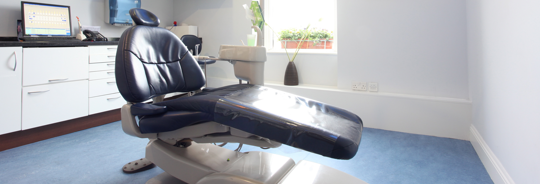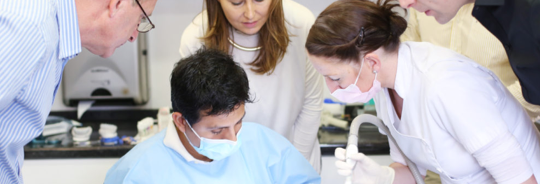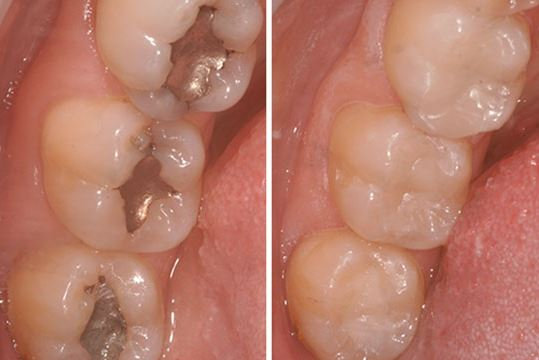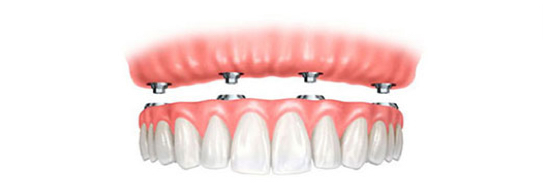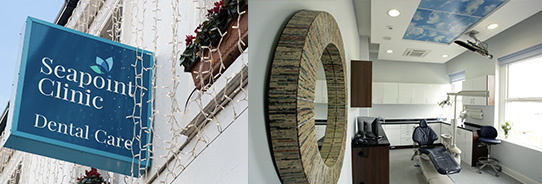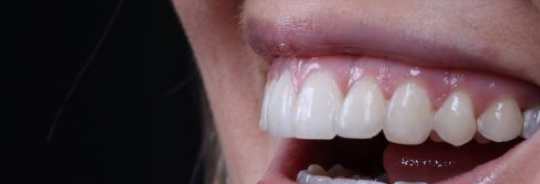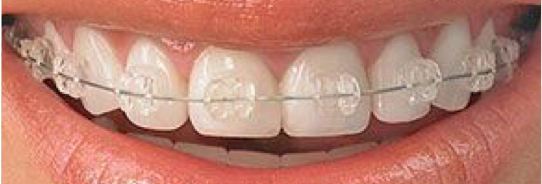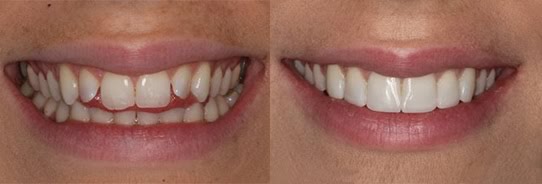
Blog
We post all the latest information here regularly so it's always up to date for you. If there is a topic you would like to have us cover please ask.
20 November 2010
Dental Phobia? Seapoint Can Help You

Many fail to realise that dental phobia can lead to further issues such as tooth decay and even tooth loss. The findings are based on their analysis of data from thousands of adults across the United Kingdom from the 2009 Adult Dental Health Survey, with the aim of exploring common oral health issues in patients with dental phobia.
According to the report, people with dental phobia are more likely to suffer from tooth decay, as well as missing teeth when compared to non-phobic people. By avoiding the dentist on a regular basis, they are more likely to have chronic, yet preventable, oral conditions treated.
The majority of adults with dental phobia were also found to prefer an immediate solution, such as extraction, as opposed to undergoing a long-term care plan. In addition to oral health, related quality of life was also poor among those with dental phobia, the researchers further noted, with a large majority showing a high impact on their physiological, psychological, social and emotional well-being, even when levels of dental disease were controlled.
“Other research has shown that individuals with dental phobia express negative feelings such as sadness, tiredness, discouragement and general anxiety, less vitality and more exhaustion [...] embarrassment at their poor teeth will prevent them from smiling and showing their teeth.”
King's College London
We understand that sometimes you may need more than a sympathetic dentist prior to treatment, which is why we offer various forms of sedation. In most cases, a prescription for relaxants such as Valium taken beforehand can help and are often. It's also paramount that you get a good rest beforehand, as doing so can greatly reduce stress levels. For most anxious patients, Valium before coming in is sufficient to ensure a comfortable experience.
We also offer an oral sedation for patients in the form of a drink, which can often help you doze off during treatment and leave you with little or any recollection of your treatment!


